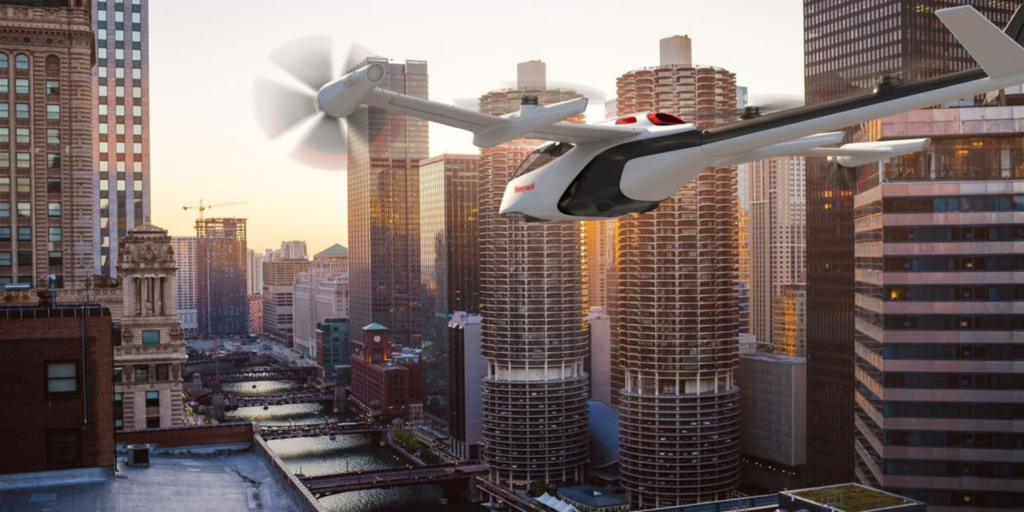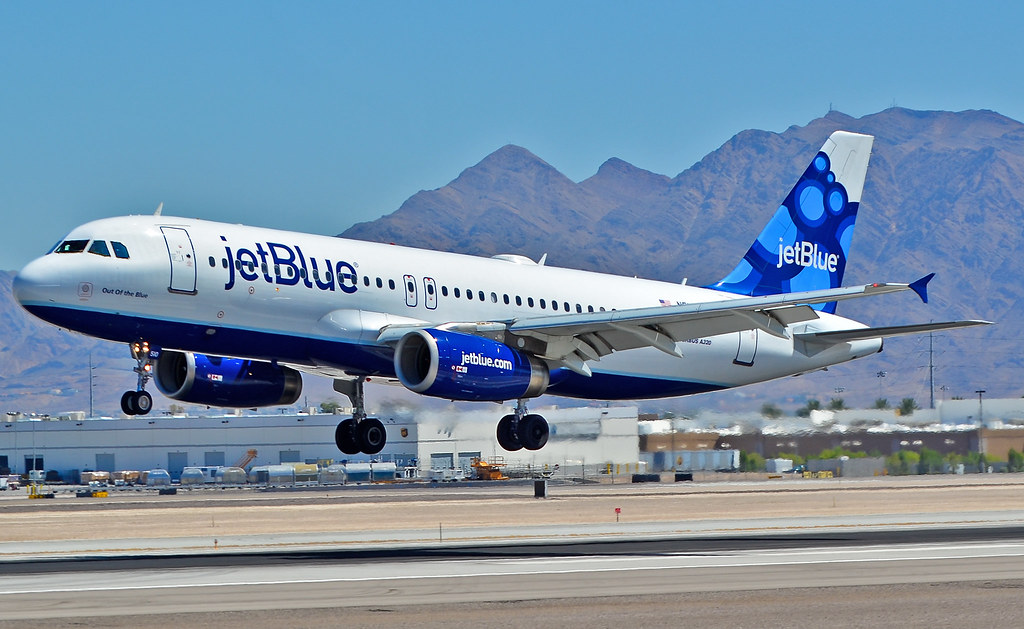DENSO and Honeywell Ascend Into Urban Air Mobility With Expanded Alliance
SOUTHFIELD, Mich., and PHOENIX, May 24, 2021 /PRNewswire/ -- DENSO, a leading mobility supplier, has signed a long-term agreement with aerospace leader Honeywell (NASDAQ: HON), establishing an alliance focused on electric propulsion units to meet new aerospace needs. Drawing from…


